Many farmers in the area focus on growing specialty fruit trees in an organic direction to improve product quality, protect consumers' health and contribute to environmental protection. The 70-year-old mangosteen garden of Mr. Vuong Hoang Lam's family, An Thanh ward, Thuan An city is one of the typical examples, the trees grow well, the fruit is sweet and rich in the flavor of "Lai Thieu mangosteen".
Mr. Vuong Hoang Lam next to his family's organic mangosteen garden.
The first impression when we stepped into the mangosteen garden of Mr. Vuong Hoang Lam's family was quite spacious and airy. In particular, Mr. Lam's mangosteen garden is planted staggered with a fairly wide distance, up to 10m. Mr. Lam explained that planting like this will help make full use of the space. If 2 trees are planted on the same level, when the tree grows, the branches will touch each other, the lower branches will be blocked from the sun and will automatically die. With an area of more than half an acre, Mr. Lam's garden only grows 75 mangosteen trees, each tree has a wide, lush canopy, and is green.
Mr. Lam confided that the mangosteen garden full of vitality like today is thanks to the effort and dedication of his grandfather. In the past, this place was a swampy field with a lot of alum. His grandfather used a boat to row out to the big river, waiting for the water to dry up to scoop up mud to fill the swampy field. After a few years, the swamp was filled up and the ditch was drained to remove the alum, then he started planting mangosteens. In the space between the two mangosteen trees, he planted lemons, using the profit from the lemons to grow mangosteens.
“At that time, there were no chemical fertilizers, only organic fertilizers. Later, the family used ash, cow dung, and chicken manure, composted for about 1-2 years, then fertilized the plants, adding lime to neutralize the alum. Organic fertilizers are slow to be absorbed by the plants but are stable, the plants do not “evaporate” too quickly and then lack nutrients, leading to decline. Although the mangosteen garden is old, the trees are not exhausted, the roots are strong. One of the benefits of the organic method is that the fruit quality is very good, with stable sweetness and sugar levels,” Mr. Lam added.
To protect the environment as well as the health of his family, Mr. Lam still uses traditional methods to weed, without spraying pesticides. He believes that mangosteen trees are basically infested with pests, and if the environment is kept clean, natural enemies will develop and kill harmful pests. Thanks to organic farming, Mr. Lam's family's mangosteen garden produces large fruits with a very high rate, on average the garden harvests 100kg, about 70% of large bamboo shoots.
This year, the mangosteen crop is good, Mr. Lam estimates that each tree will yield about 150kg/crop. Many people know the quality of the family's mangosteen, so they sell out as soon as they pick it. Because the number of fruits is higher than every year, after the harvest, Mr. Lam will use quality microbial fertilizers with clear origins to nourish the trees, providing adequate care and nutrition.
Mr. Lam is one of the few people of the next generation who are trying to preserve and promote the traditional specialty fruit garden of the locality. With the current rapid urbanization, preserving the pristine mangosteen garden is truly precious. As the environment is increasingly polluted, increasing the consequences, organic farming will help reduce the introduction of toxic substances into the environment, balancing the ecosystem.
According to Mr. Dang Tan Loc, Director of the Agricultural Service Center of Thuan An City, before there were no chemical fertilizers, farmers completely grew organically. Later, for fruit trees, organic fertilizers were still the main method. The effectiveness of organic farming is that the trees grow well and are more sustainable, contributing to environmental protection. Currently, it is estimated that about 80% of farmers grow mangosteen organically, the rest combine organic and chemical fertilizers.
PROGRESS
Source link


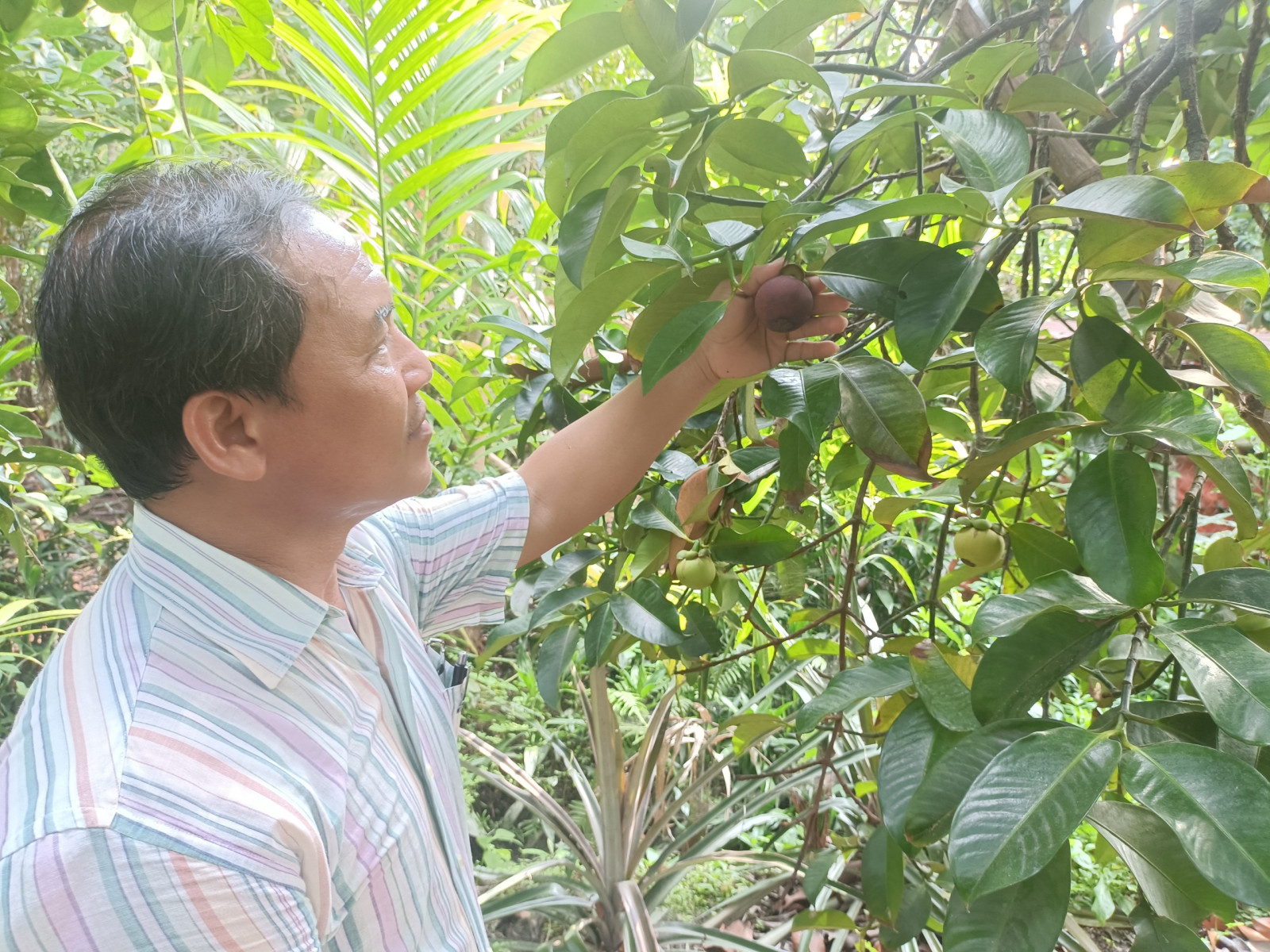


![[Photo] Top players gather at the 2025 Nhan Dan Newspaper National Table Tennis Championship](https://vphoto.vietnam.vn/thumb/1200x675/vietnam/resource/IMAGE/2025/5/23/9ad5f6f4faf146b08335e5c446edb107)



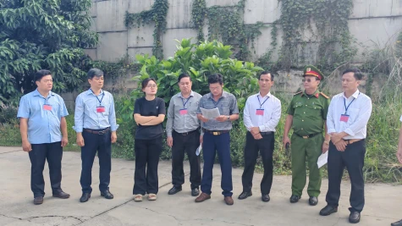



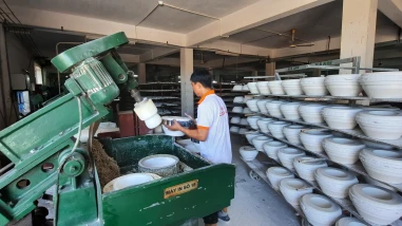
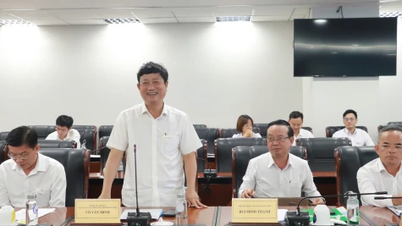





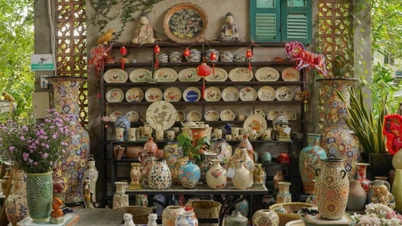



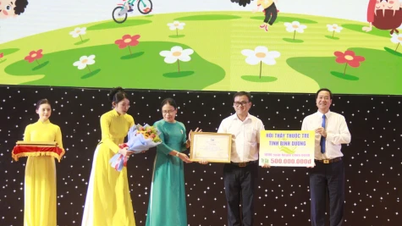










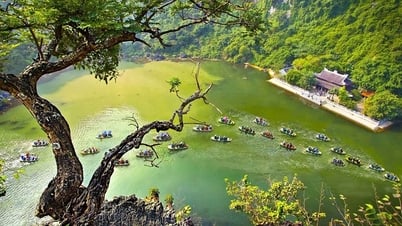











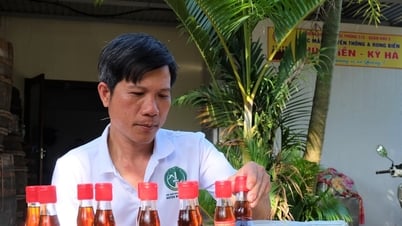




















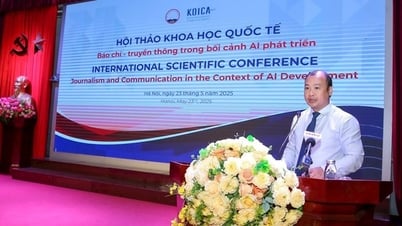
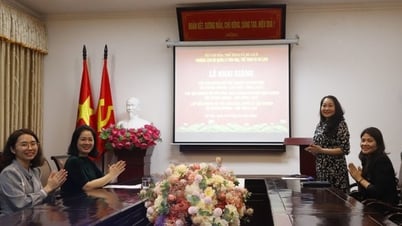










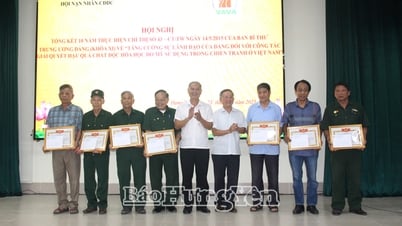











Comment (0)